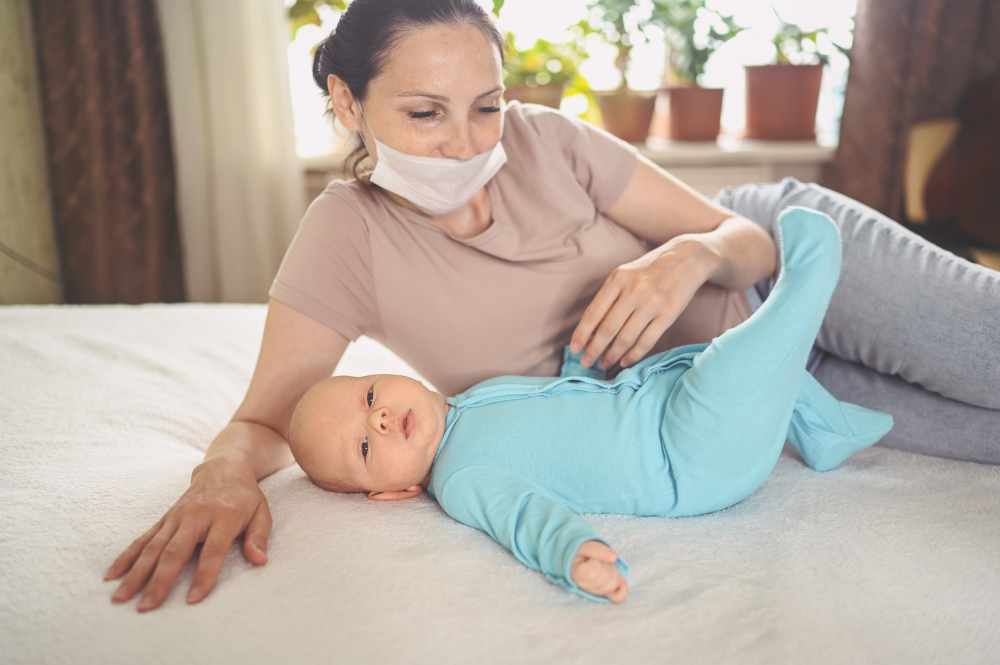Breastfeeding provides babies with the healthy nutrition that they need. Breast Milk provides the finest nutrients for babies and protects them from disease. However, breastfeeding disruption can decrease milk supply, the newborn refusing to accept the breast and reducing the beneficial immunological components found in breastmilk. On the other hand, mothers will be understandably concerned, wondering whether coronavirus may be transmitted through breast milk and what they can do to protect themselves and their children.
Breastfeeding’s Advantages during Pandemic.
- Breastfeeding is beneficial to infants. It protects them from a variety of infections. Breastmilk does not appear to protect babies against SARS-CoV-2, the virus that causes COVID-19. Several studies, however, have discovered antibodies that target the virus in human milk. Furthermore, when infants are breastfed, they are less likely to develop severe respiratory symptoms.
- Breastfeeding is beneficial to mothers. Breastfeeding hormones promote wellbeing and help decrease stress and anxiety in the mother’s body.
During the COVID-19 crisis, here are some recommendations for keeping moms and babies safe.
-
Continue breastfeeding while maintaining good hygiene. The virus has not been discovered in breast milk so far, and all women are encouraged to continue breastfeeding while maintaining excellent cleanliness.
-
When you’re eating, wear a mask.
-
Before and after contacting the infant, wash your hands with soap.
-
Wipe down and disinfect surfaces regularly.
A baby’s most considerable risk of contracting the virus is through intimate contact with the mother or another sick family member. So if someone in the house is unwell, take extra precautions to protect your infant.
- Mothers who contract the coronavirus shortly before giving birth and begin breastfeeding and those who become infected during breastfeeding create immunological factors (antibodies) in their milk. This means that the best method to fight the illness and safeguard your baby is to continue breastfeeding.
Suppose a woman develops symptoms such as fever, cough, or difficulty breathing. In that case, she should seek medical attention as soon as possible and follow all directions given by a health care practitioner.
- When moms cannot breastfeed, they should get medical help as soon as possible. It may still be possible to give milk and have a non-infected family member feed the infant with a clean cup or spoon.
- Breastfeeding is the most effective technique to provide the healthiest diet for a baby’s healthy growth and development. However, there are times when a mother cannot breastfeed or has chosen not to breastfeed her child. In these situations, it’s incredibly crucial that newborns are provided according to the packaging’s recommendations and that bottles, teats, and any other equipment are carefully cleaned.
Remember, The COVID-19 vaccine is the best method to safeguard your newborn. It’s still a good idea to nurse your infant if you aren’t fully vaccinated or test positive for COVID. Just make sure you take precautions to avoid becoming infected with COVID-19. Consult your pediatrician for advice on keeping your infant healthy and what services are available in your area to assist you.


